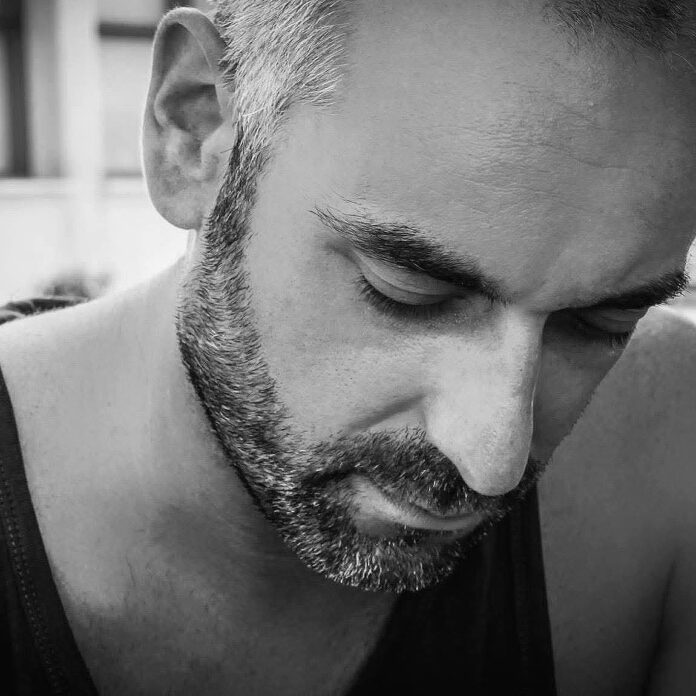By this point, fans who have watched To Your Eternity have a general sense of what's going to happen. There's a certain formula the show has been using: Fushi meets someone, that individual's (often tragic) backstory is revealed, and a few episodes later, we see them die. Besides being able to add another vessel, Fushi experiences emotional growth. It's predictable but, given the nature of who Fushi is and his powers, not surprising. Despite this, To Your Eternity has done the impossible and made the formula not feel repetitive while still dealing out hard-hitting heartbreak time and time again... at least until the more recent episodes.
The Novelty of To Your Eternity's Formula
The first time we see this formula play out is in the first episode of To Your Eternity. Many viewers went into the anime assuming that the story would be about an immortal being who would travel around the world with his human companion. Nobody expected that the nameless boy would not survive by the end of the premiere. Aside from how novel it was to have the episode turn out this way, what made the premiere so powerful was how compact the storytelling was.
We saw the boy's hope and his optimism remain strong as he awaited his family's return, year after year. In a few short minutes, Fushi and the audience had already developed an emotional connection with him -- an incredible feat to accomplish in a single episode. As the first episode of the series, it had the advantage of being able to deliver the shock value of losing a character by the end of it. However, more significantly, the nameless boy was the first person that Fushi encountered; his kindness and final wish shaped Fushi to be the person he is today.
The Symbolism of March's Death
March's death was just as shocking as the nameless boy's. Part of this was because the opening theme deceived many fans into thinking that March would survive to grow up to fulfill her dream of becoming a mother. However, another part of it was because March was simply an innocent child who didn't deserve to die. She was sacrificed for a sham of a ritual that was used by the Yanome people to perpetuate fear. Despite how utterly unfair her situation was, March still had more of a heart than all the adults around her who were supposed to protect her.
Fushi had been in his human vessel for a short period of time, but the instant he met March, there was a connection between them. She was always unconditionally accepting of him and taught him empathy -- she was every bit his mother. It was awful to watch March sacrifice herself (again) to save someone she loved. Much later in the series, the news of Parona's death had a huge shock factor for a variety of reasons. The last we saw of Parona, she was getting ready to defend Ninannah against the onslaught of Yanome soldiers. Nobody expected that she would die, nor that they would be shown the gruesome way in which she was killed. While this left a huge impression, losing March was more significant in that it marked the loss of innocence, with Fushi learning just how cruel humans can be.
Gugu Becoming Human In To Your Eternity
By the time we got to Gugu, we already knew what was going to happen: this boy with a chameleon mask would not live for very long. We had hope though: Gugu is the only person who Fushi ever chose to stay with for longer than a few days. This was also the first time that we saw Fushi actively choose to grow up alongside him. In a way, he abandoned his immortal status for Gugu. Things seemed to be shifting. The two developed a close bond due to Gugu finding a brother in Fushi and accepting his 'monstrosity' because of him, and Fushi confessing that he could not grow up without Gugu. The two became a family. If it hadn't been for the Nokkers, Fushi likely would have stayed with Gugu for the rest of his life.
Gugu's backstory was particularly tragic because it was like the whole world had been against him from the very start. His own brother betrayed him, he was later ostracized because of his appearance, and he and Rean became star-crossed lovers. The two couldn't be together until Gugu's final moments, and by then, it was too late. Their story ended the way it began -- with Gugu protecting Rean.
To Your Eternity's Repetition In Its Arcs Is Wearing Thin
It's unfortunate that the Jananda Island arc is the last of the season. We've seen this formula at least three times, and all were successful in different ways since they moved Fushi's development along. In contrast, Jananda Island felt like it was thrown in randomly, especially in comparison to the previous episodes, where each arc flowed seamlessly into the next. We don't shed many tears when Tonari's friends die because we don't care enough about them. Part of To Your Eternity's successful formula has already failed in that regard: the backstory.
The audience didn't know all of their names or their backstories until after they died, and by then, what's the point? Moreover, none of these backstories received the same amount of attention or care that the other characters had -- out of all of the characters in this arc, only Tonari's character was fully fleshed out in this way. Tonari herself was also difficult to like, especially at first; she had no redeemable qualities that made her trustworthy, and Fushi doesn't experience the same level of emotional growth that he did from losing March and Gugu. If the audience begins to notice how predictable things are, the formula has started to lose its effectiveness.
About The Author

